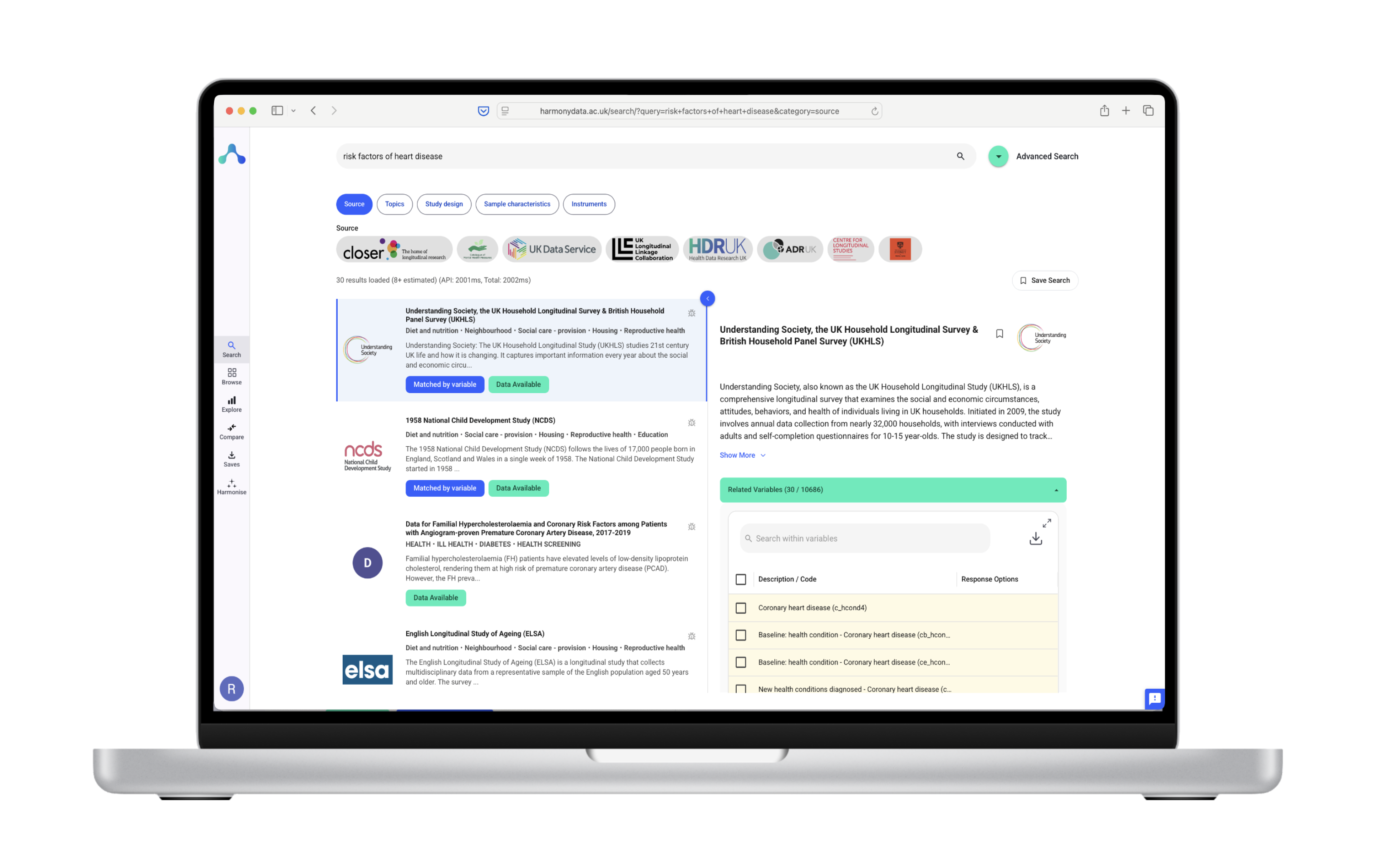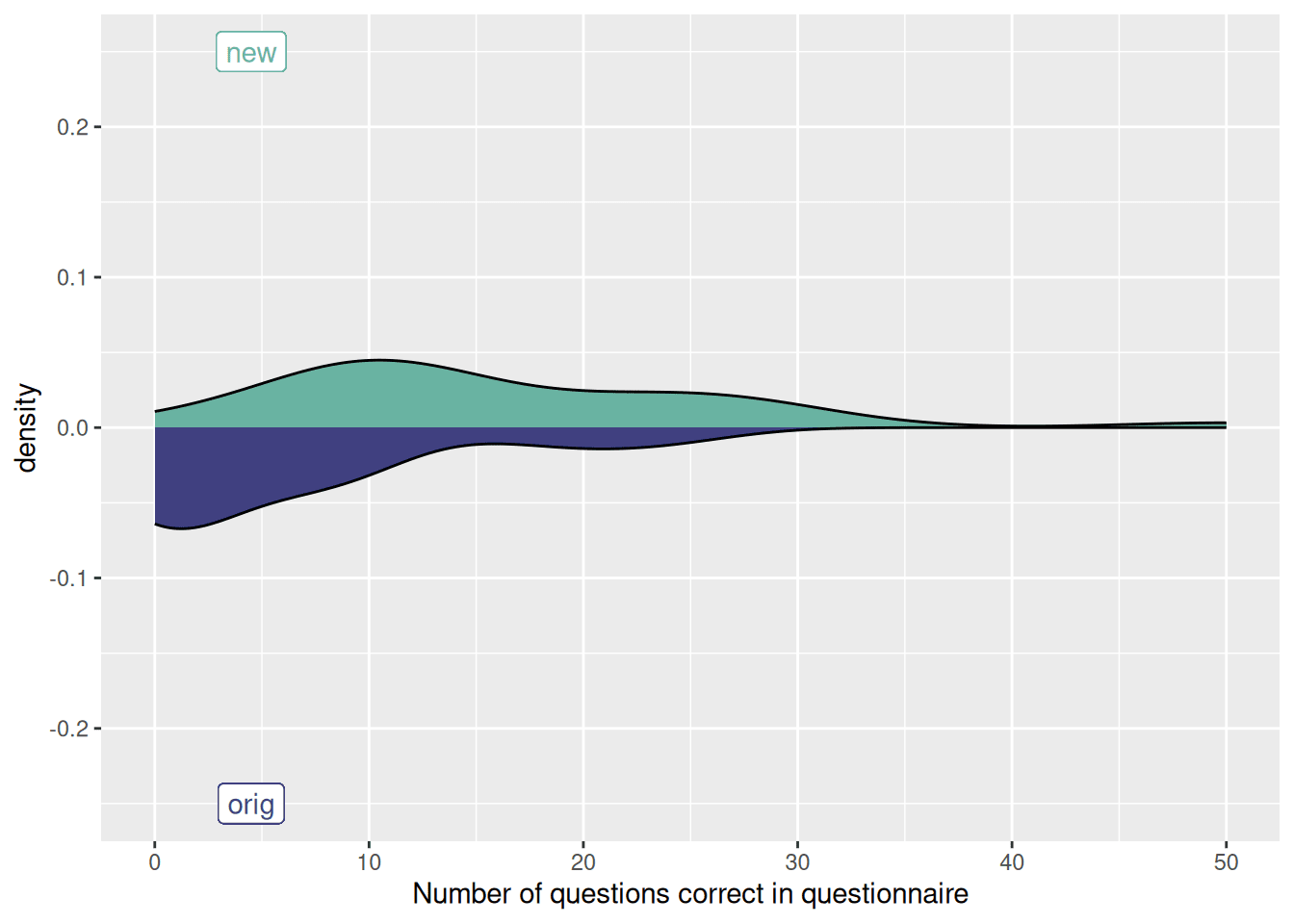
A recent article by Sense about Science, a leading independent charity that promotes the public interest in sound science and evidence, highlights the growing need for responsible AI governance in research.
The article, titled Research funders tackle AI governance vacuum with pragmatic guidance, discusses the alarming gap between the rapid development and adoption of AI tools, and the lack of clear frameworks for their safe and ethical use. This is particularly concerning in healthcare, where AI applications are increasingly used without established regulations.
Sense about Science recognises the importance of responsible AI development. Harmony tackles a key challenge in mental health research, namely harmonising data from different studies.
Dr. Bettina Moltrecht from UCL, who worked on Harmony and is now leading the project under the current UKRI grant, points out that “researchers need the awareness and knowledge captured in the framework for tools being developed not to become obsolete or impractical for others to pick up”.
The Harmony team has taken steps to ensure the long term viability and sustainability of the tool. You can read more in our sustainability assessment which we completed with the Software Sustainability Institute.
We have recently validated Harmony against real mental health data and our validation has been published in BMC Psychiatry as: McElroy, E., Wood, T.A., Bond, R., Mulvenna M., Shevlin M., Ploubidis G., Scopel Hoffmann M., Moltrecht B., Using natural language processing to facilitate the harmonisation of mental health questionnaires: a validation study using real-world data. BMC Psychiatry 24, 530 (2024). DOI: 10.1186/s12888-024-05954-2
We have regularly presented the Harmony project at events such as AI|DL London, MethodsCon Futures in Manchester, Hackathon in UCL, Melbourne Children’s LifeCourse Initiative seminar series, and AI Camp.

